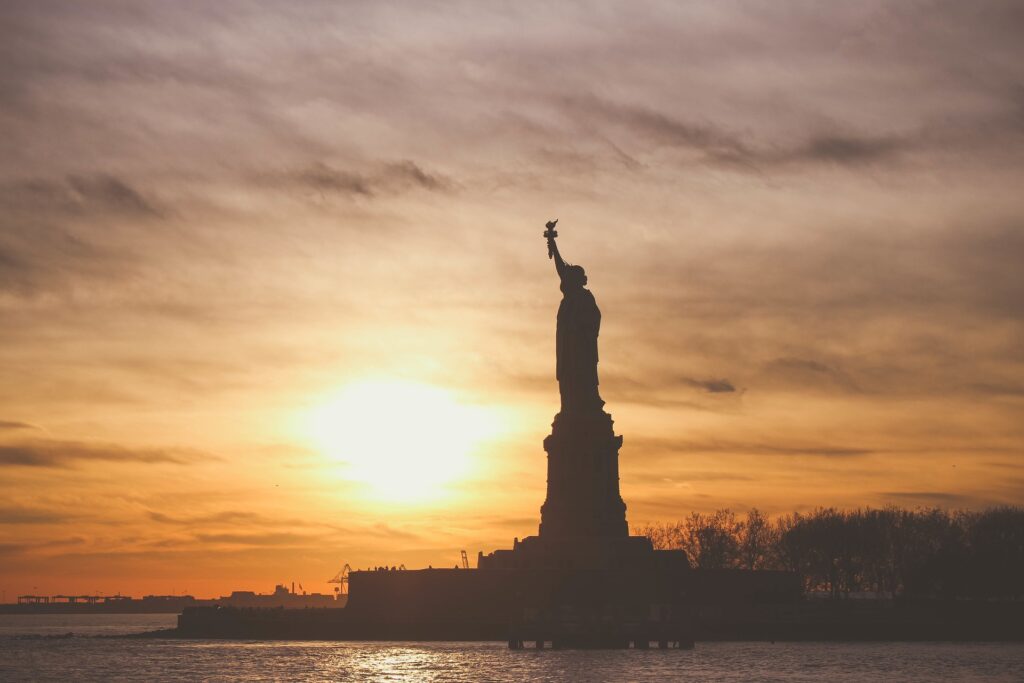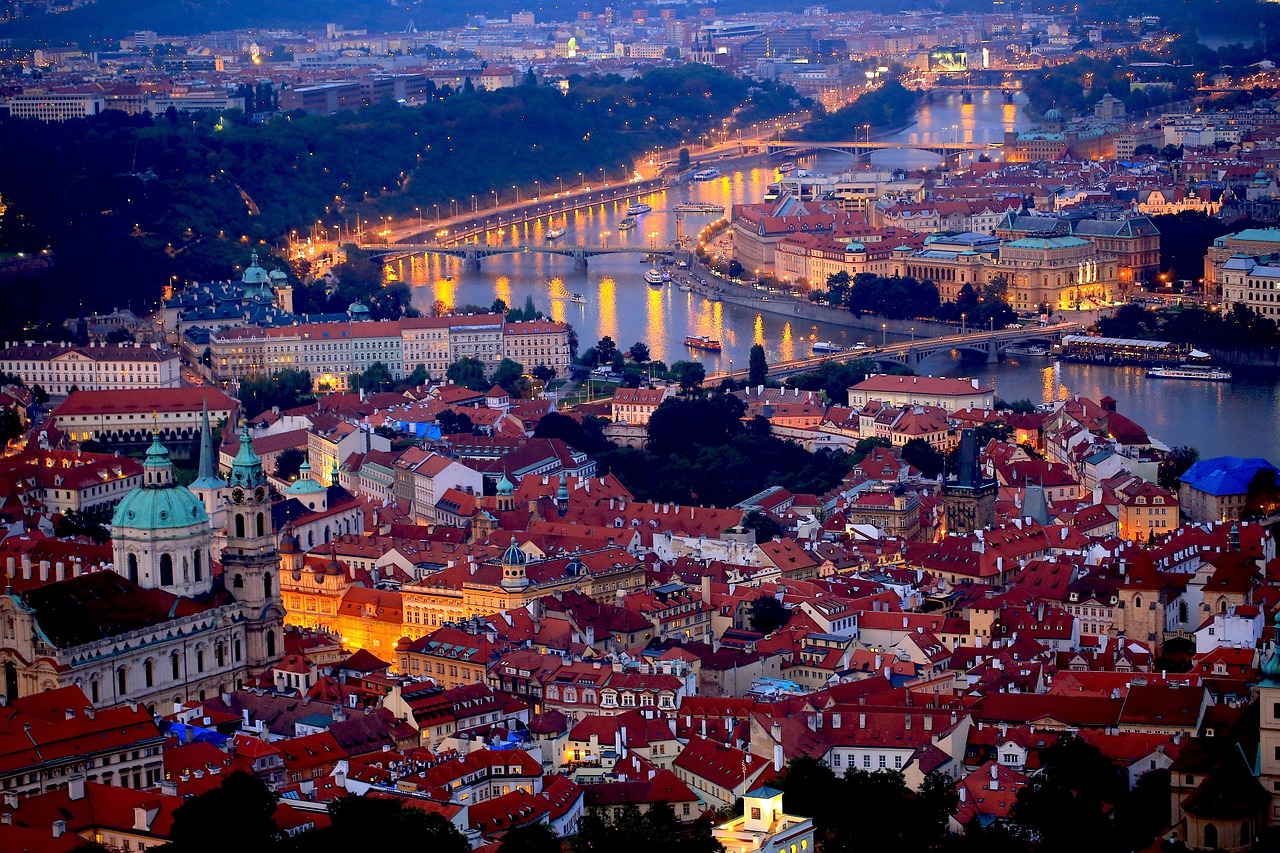
Nie masz czasu na zapoznanie się z całością artykułu?
Wystarczy, że klikniesz ikonę „oznacz artykuł do przeczytania później”. Wszystkie zapisane publikacje znajdziesz w profilu czytelnikaEight years later: democracy still in retreat

You wrote your book “Democracy In Retreat” in late 2011. It provides the historical overview necessary to understand the phenomenon of the retreat in various parts of the globe from liberal democracy. A lot has changed since 2011. Where are we now in terms of democracy in retreat?
There’s been 15 straight years of democratic regression globally, according to Freedom House, not only in Eastern and Central Europe, but also in Southeast Asia and Africa, in North America and many other regions of the world. I don’t think it’s a. I don’t think it’s a positive trend. There are some glimmers of hope, but I think overall it’s been a fairly grim 15 years. And the COVID-19 pandemic has also made the situation far worse. I’m not talking about lockdowns and other measures, some of which are defensive scientifically, but the some governments have used these measures to gain more control over civil society and opposition politicians.
In your book, you concentrate on relatively young democracies: Malawi, Indonesia, Middle Eastern countries and so on. You blame the relatively young age and instability of these democracies for the retreat. Do you believe that in the long run they will grow stable as liberal democracies?
My book was published eight years ago. The situation has broadened well beyond that. We have long established democracies that are regressing substantially, including India, the Philippines, to some extent the United States and others. Poland probably doesn’t fit in that list because it is not as long established.
The illiberal forces are getting stronger even in Italy (Matteo Salvini), France (Marine le Pen) and Germany (AfD). Is it likely that in the future those old democracies will be also retreating from their democratic path?
I don’t think so. Germany has a system that would make it very challenging for a retreat of democracy, and it has the one party that is most probably hostile, conspiratorial etc. But AfD hasn’t gained that much attraction in Germany. I don’t expect that we’re going to see significant democratic backsliding in Germany, or the Nordics, the Netherlands or Canada. France has some significant flaws due to a whole range of things, including problems with the marginalization of certain groups and problems with graft. But my point is simply that not every single country in the world is regressing. And I think it’s very unlikely that you’re going to see most of northern and Western Europe regressed substantially.
Of course we have experienced a retreat like this in the United States or India. And it’s an open question, whether that is a long-term process and whether it can be reversed or not. But I would certainly differentiate between countries like the UK, Germany or Netherlands et cetera, and a place like Poland, Hungary or even the United States, which have had a lot of democratic institutions weakened in the last few years.
Has Trump made significant anti-democratic changes in the United States?
The Trump administration did undermine some democratic safeguards. Certainly, I don’t think the United States is in a situation like the Philippines or Indonesia or something like that. The counterforce to these changes was a robust turnout in the 2020 election and the fact that the election it was that free and fair. The United States still has a very diverse and vibrant civil society and media. And the judiciary system continues to be independent, which has been a problem in other regressing democracies like Poland, Hungary, India, the Philippines, in which it has been captured by the ruling party.
The Trump administration did undermine some democratic safeguards
Will America return to the role of guardian of liberal democracy in the world during Biden’s presidency?
I’m not sure how feasible that really is. The US is probably less trusted in the world than it was before and the issues that have come up in the last few years have undermined that. Biden hopes to do that, but I’m not sure how likely he is to be able to succeed.
What would be the main obstacles?
One is that democracy has retreated quite substantially, which makes it harder for anyone to restore it to the other authoritarian powers who are standing in the way, particularly China. The United States has lost a fair amount of credibility in recent years. Recently, President Biden is focused primarily on rebuilding a whole range of issues in the United States – not just democracy, but also the US economy. He’s also focused on dealing with the pandemic etc.
In your book, you quoted Thomas Friedman, who said that China has an advantage of “the streamlined, rapid decision making of the Chinese leadership, which did not have to deal with such “obstacles” as a legislature, judiciary, or free media that actually could question or block its actions” and that “one-party autocracy certainly has its drawbacks. But when it is led by a reasonably enlightened group of people, as in China today, it can also have great advantages”. China was able to take a developmental leap that had no precedent in the economic history of the world, as measured by bridging the more than tenfold gap in the global production share between those superpowers in just 34 years. Is it already ahead of the USA?
On GDP per capita basis, China is a long way of being anywhere near the GDP of the United States or other wealthy countries. China still is a lower middle income country with huge percentages of massive poverty, especially in the rural areas poverty. They have also failed to achieve to educate a significant number of people. So they have a lot of people who are available for factory work, but there are not enough adequately educated people to occupy higher positions in an innovative economy. There’s a very interesting new research which makes it clear that China is going to have a problem to proceed from the level of a lower middle income country or middle income country up to a level of higher income country. Therefore it’s not accurate to say that China has caught up with the GDP or the economic status not only of the United States, but also of Japan, Germany and other developed countries.
Will liberal democracy prevail in competition with the illiberal Chinese system, which, due to its illiberal nature, is sometimes more effective? E.g. in coping with COVID?
There is no evidence that illiberal regimes cope better with COVID. There are authoritarian systems that have been effective in coping with it, primarily China and Vietnam. But there are also authoritarian systems that have been extremely ineffective, like Russia and Iran and multiple others – e.g. Tanzania, Congo. And many democracies have been effective in dealing with covid – e.g. Australia, New Zealand, Taiwan, South Korea, Japan or Thailand. There’s no correlation between degree of liberalism and being able to effectively deal with covid. What does bring those successful countries together, is a high degree of respect for expertise, and a high level of preparation for COVID – because they were dealing with other similar viruses in the early 2000s (e.g. the SARS virus) – as well as high levels of social trust in politicians. But there’s no evidence whatsoever that authoritarian regimes are better at containing.
Historically, the first election in which party that’s not committed to democracy comes to power, is usually the best chance to remove that party from power and restore the democratic system
Do you assess the Polish democracy also as deteriorating?
I definitely think Poland’s democracy is weakening and deteriorating in a whole wide range of similar ways as in other countries like Hungary and the Philippines. Leaders who came to power in a genuinely in a genuine election used that power to undermine other safeguards of liberal democracy, including the judiciary, including the media, including civil society. Then they have put other rules into place, to try to perpetuate their power.
However, we do not have a dictatorship in Poland or Hungary.
Of course, we are not dealing with autocrats such as Kim Jong Un or Xi Jinping, but this process bears a lot of similarities to other countries, like the Philippines – and – on a more extreme level – to Turkey and Venezuela.
And what are your predictions for the future of liberal democracy in the Eastern Europe?
Historically, the first election in which party that’s not committed to democracy comes to power, is usually the best chance to remove that party from power and restore the democratic system. It happened in 2020 in the United States. The more times a party wins elections, the harder it becomes to displace them. We’ve seen that in Hungary. The first election after Orban took power was more contested, but as time has gone on, Orban has become more and more and more powerful to the point where Hungary is really actually now on the borderline of an outright authoritarian state.
Is a global return to liberal democracy possible? If so, in what way?
Democracy needs to show that it is capable of providing public goods for a wide range of people. And I think in places where democracy risks deteriorating, people who are in favour of democracy need to unite to defend democracy and not fight amongst themselves, no matter whether they’re on the right or the left. There does need to be some degree of observation and protection against the most extreme autocrats who are interested in undermining democracy, principally in China and Russia. But unfortunately I don’t think there’s any one easy answer. Otherwise, we would have already had that answer.
Zobacz
The idea of “Solidarity” has been killed in Poland after 1989. Law and Justice fills this space only rhetorically
The tragedy of Poland is that it had to conform to the demands of the international Western community. It had to become aggressively capitalist and corporatist and it could not assert its independence. Jarema Piekutowski interviews Maurice Glasman
Khanna: Just because I'm a geopolitician by education, does not mean I'm an ideologue. Conectivity today is a battlefield for influence
Is Parag Khanna the second Fukuyama? Will we see a brutal race for the greatest possible connectedness? Or will conectivity bring peace, reduce the number of classic warfare? What will be the role of the West in this competition, and how much will the Belt and Road initiatives mean? Will nation-states fade away in favor of tribalism?
A Tale of Two Monsters and Four Elements: Variations of Carl Schmitt and the current global crisis
We have a class of scientific technocrats directing the work of a class of politicians without honour, who utterly subordinate everyone else. Only a spiritual revolution will save us now
India is, and will be a non-aligned power in the New Cold War
India is a non-aligned power; this move not only protects its own varied relations (as seen with India-Russia ties and even India-China bilateral) but also allows it to provide guidance and support to smaller economies in Asia and the Indo-Pacific
The Sino-Russian relationship should not be seen as an alliance of revisionist powers
Chinese do not feel comfortable with the seemingly endless “endism” produced by Western intellectual elites, be it Fukuyamanian “end of history” at the end of the Cold War, or the recent variant of the “end” of the so-called liberal international order (LIO)























